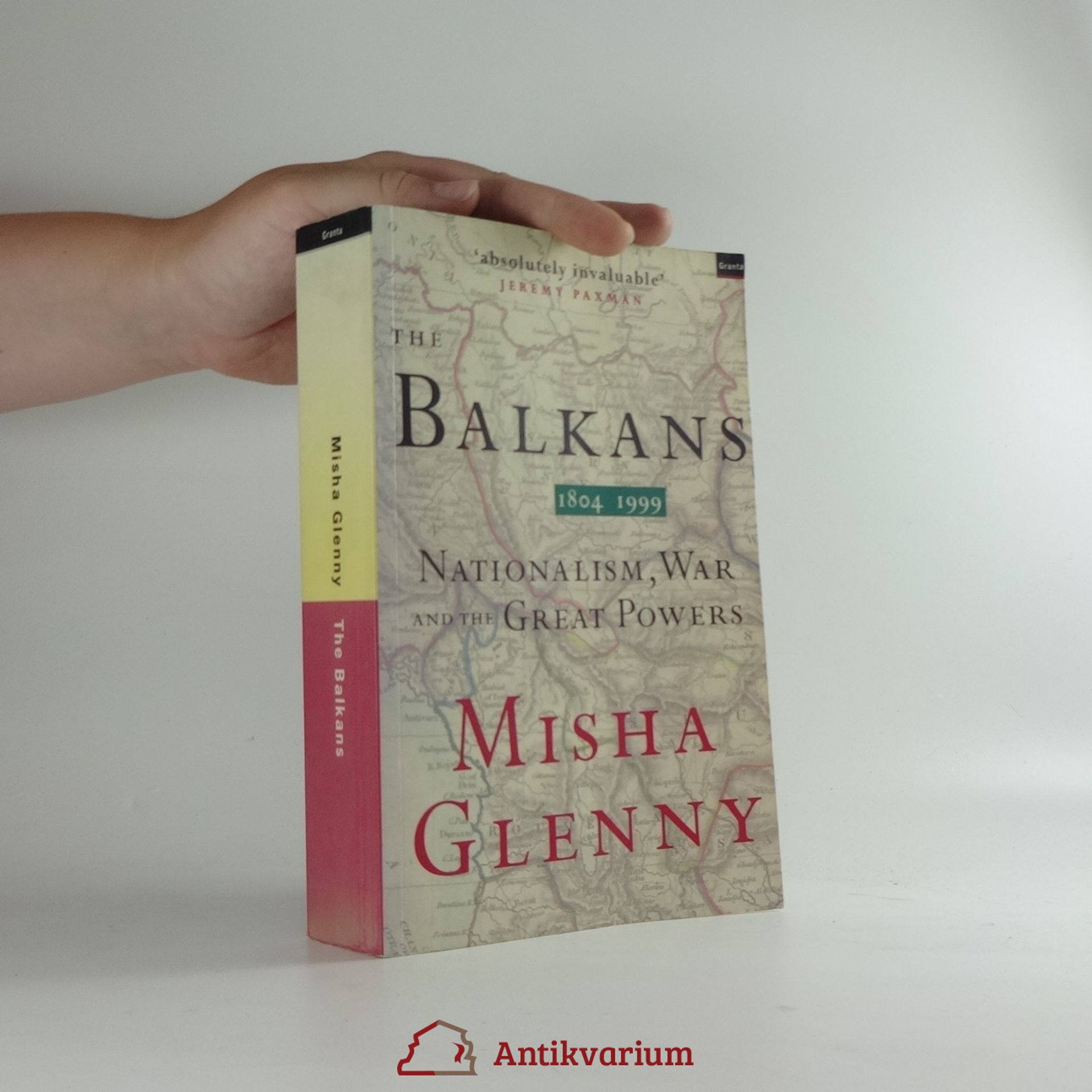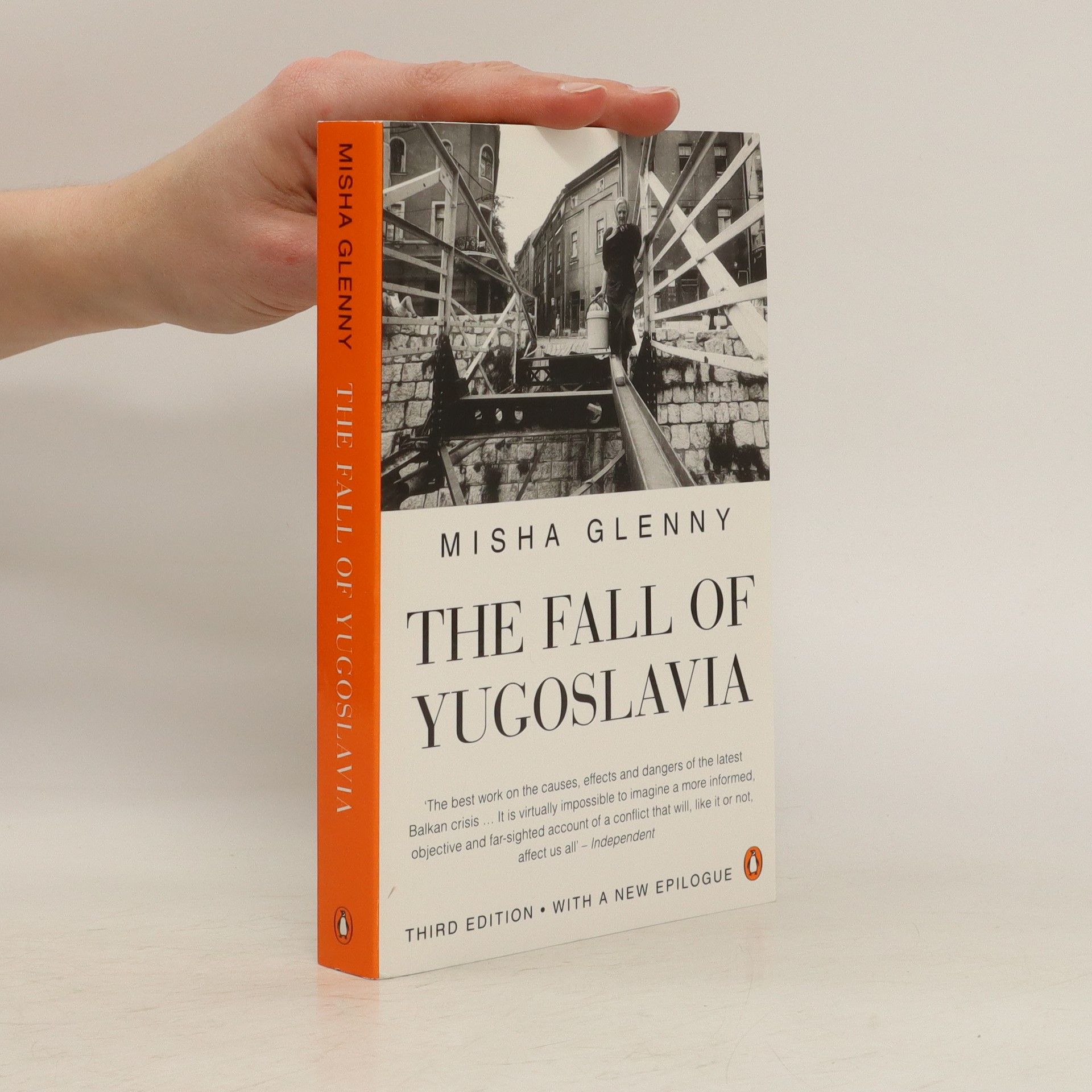Antônio Francisco Bonfim Lopes, genannt Nem. Fleißiger Schüler, cleverer Erwachsener, liebender Familienvater, Drogenboss. 2011 endet ein Fluchtversuch in seiner spektakulären Festnahme, die zum nationalen Medienereignis wird. Eine der faszinierendsten, erschreckendsten und zugleich aufschlussreichsten True-Crime-Geschichten der Gegenwart. Weitläufig und unkontrollierbar sind die Wege der Korruption, weitläufig und unkontrollierbar auch die Favelas von Rio. Genau hier entfaltet sich die tragische Lebensgeschichte eines der berüchtigtsten Drogenbosse des Landes. Im Grunde widerwillig, aber doch auch zielstrebig steigt Nem durch Organisationstalent und Loyalität in der Hierarchie auf, bis er schließlich selbst das Ruder übernimmt und sich an die Spitze einer der größten Verbrecherorganisationen Brasiliens setzt, der Amigos dos Amigos. In seinem glänzend recherchierten und aufregend geschriebenen Buch öffnet uns Misha Glenny die Augen für das soziale Drama Brasiliens. Die Ambivalenz des Menschseins wurde selten so greifbar und packend erzählt.
Misha Glenny Bücher

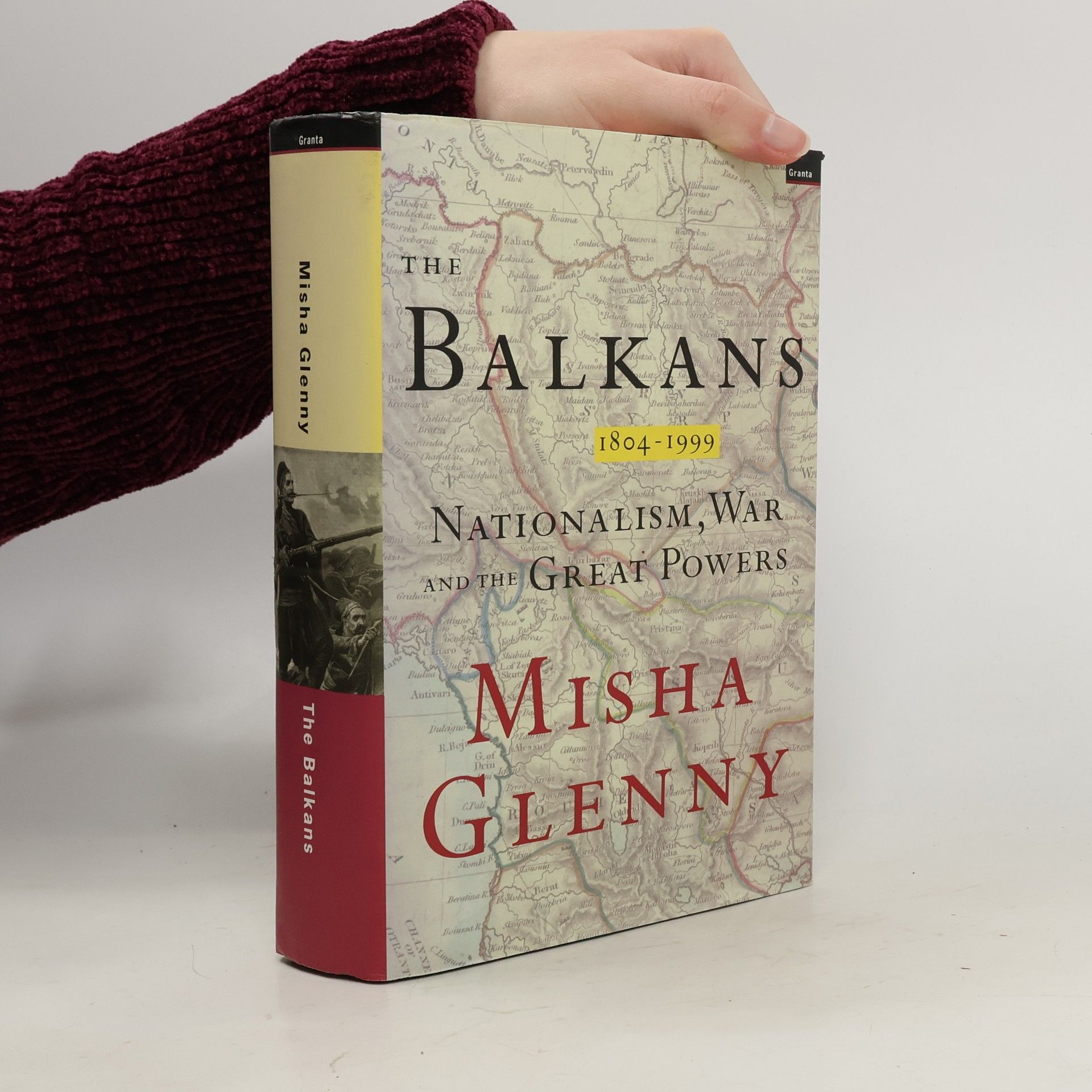
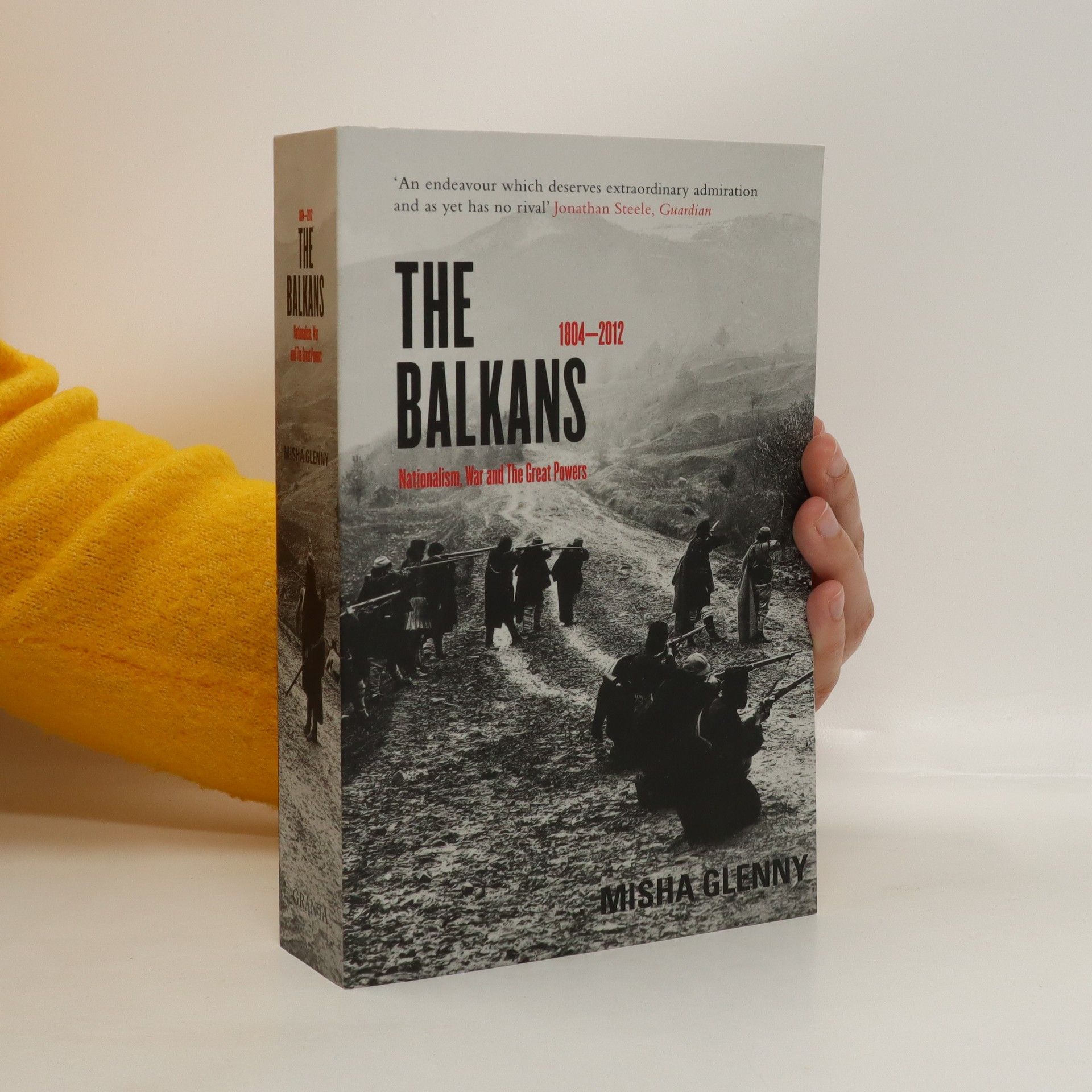
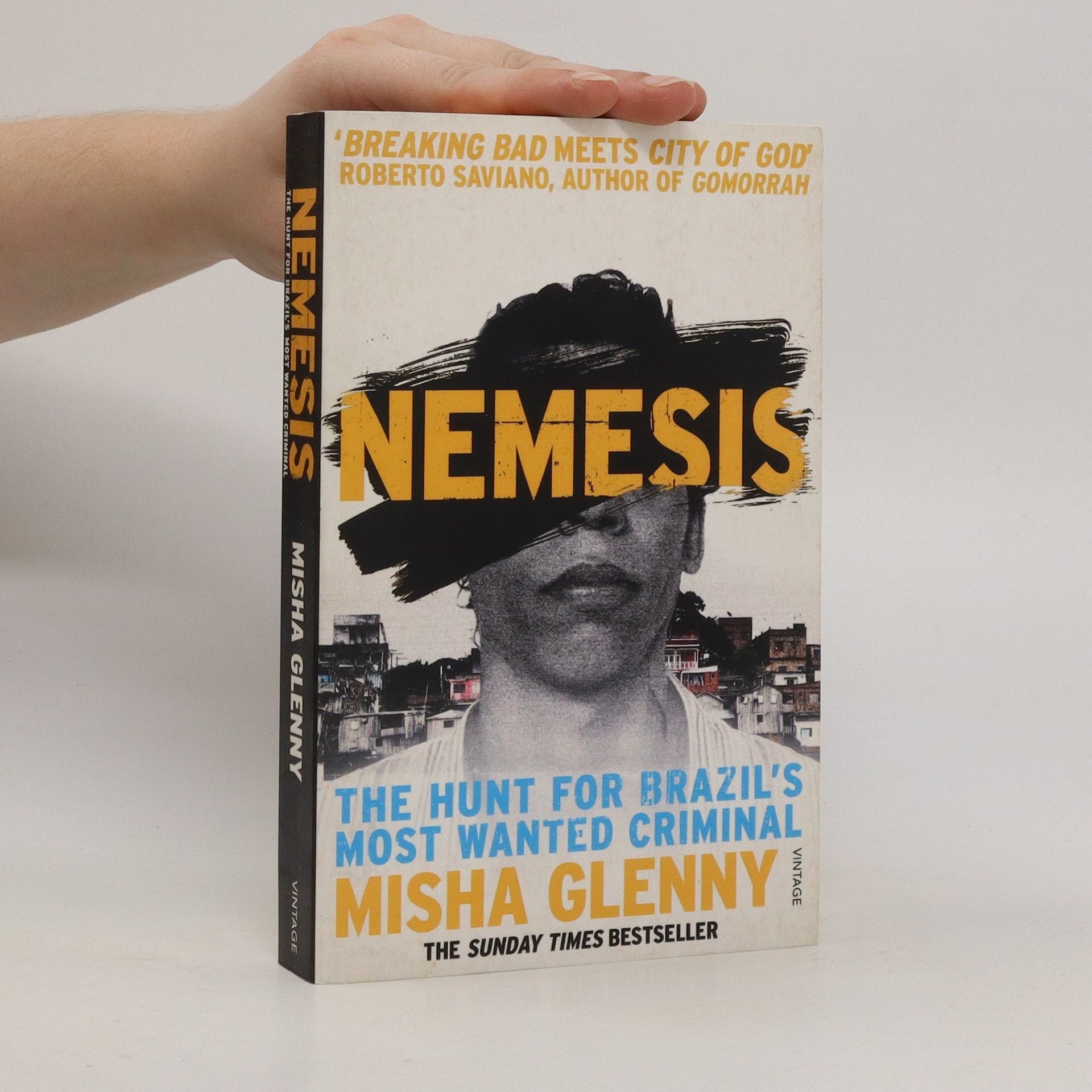



Das organisierte Verbrechen ist ein Gewinner der Globalisierung – diese bittere Erkenntnis zieht der britische Journalist Misha Glenny nach jahrelangen Recherchen in der Unterwelt. In seinem aufschlussreichen Werk enthüllt er die brutalen Profiteure der weltweiten Schattenwirtschaft, darunter die kasachische Kaviarmafia, ukrainische Waffenhändler und kanadische Drogensyndikate. Waffenschmuggel, Frauenhandel, Drogengeschäfte, Geldwäsche, Internetbetrügereien und Korruption sind nur einige der kriminellen Aktivitäten, die von den politischen und wirtschaftlichen Entwicklungen nach dem Mauerfall profitiert haben. Schätzungen zufolge stammen bis zu 20 Prozent des globalen Bruttosozialprodukts aus diesen illegalen Geschäften. Glenny hat mit Gangstern, Opfern, Politikern und Polizisten weltweit gesprochen und die komplexen Zusammenhänge der organisierten Kriminalität beleuchtet. Ob es um die russische Mafia, kolumbianische Drogenbarone oder chinesische Menschenschmuggler geht – die Quellen des Verbrechens sind vielfältig: Armut in Entwicklungsländern, die Gier nach Drogen und Waffen sowie der materielle Überfluss der westlichen Industrienationen. Glenny sensibilisiert uns für eines der drängendsten Probleme unserer Zeit und bietet eine fesselnde und furchtlose Recherche in der internationalen Unterwelt.
Die Kriminalität im Netz explodiert - jeder ist betroffen Längst hat sich im Cyberspace eine neue Unterwelt gebildet, die sich im Netz über Tricks und Techniken austauscht, Zubehör für das Auslesen von Kreditkarten verkauft und rund um den Globus gestohlene Daten verschiebt. Die anonymen Weiten der digitalen Welt bieten Kreditkartenbetrügern und Industriespionen beste Voraussetzungen für ihre Attacken und Raubzüge, während die Strafverfolger Mühe haben, die Menschen hinter den Netzadressen zu fassen. Misha Glenny, der bekannte Experte für das internationale organisierte Verbrechen, recherchierte zwei Jahre lang in der Szene der Cyberkriminellen. Seine Erkenntnisse aus zahlreichen Gesprächen mit Hackern, Betrügern, Opfern, Cyberpolizisten und Sicherheitsexperten auf der ganzen Welt hat Glenny zu einer spannenden Erzählung verdichtet, die uns die Augen öffnet für die beinahe grenzenlosen kriminellen Möglichkeiten im Netz. Ein Muss für alle Computernutzer.
Tells the story of an ordinary man who became the king of the largest slum in Rio, the head of a drug cartel and Brazil's most notorious criminal.
The Balkans, 1804-2012: Nationalism, War and the Great Powers
- 774 Seiten
- 28 Lesestunden
The landmark history of the Balkans, fully revised and updated.
In a passionate survey of Balkan history since the early 19th century, the author provides essential background to recent events in this war-torn region. No other work covers the entire area or offers such profound insights into the roots of Balkan violence, vividly explaining the origins of modern Serbia, Croatia, Bosnia, Greece, Bulgaria, Romania, and Albania. Readers will appreciate the exploration of the final century of Ottoman rule, a complex period that influences today’s conflicts. The narrative addresses key historical moments, such as the 1st Serbian uprising in 1804 and the assassination in Sarajevo that sparked WWI. Each national group's struggle for statehood is presented with clarity and fairness, bringing the culture of various nationalisms to life. The narrative is enriched with sharply observed portraits of kings, guerillas, bandits, generals, and politicians, interweaving key events with international relations. The author illustrates how great-power influence has often been catastrophic for the Balkans, exacerbating "ancient hatreds" and "tribal rivalries" through misguided diplomatic actions. In a terse epilogue, the author questions whether the latest western intervention will yield a more positive outcome.
The Balkans 1804-1999: Nationalism, War and the Great Powers
- 752 Seiten
- 27 Lesestunden
A survey of two centuries of history, by Britain's commentator on the Balkans, Misha Glenny. It offers general readers a single narrative that explains the background to the terrible events on their television screens and provides insights into the roots of the region's reputation for violence. It also explores the origins of modern Serbia, Croatia, Bosnia, Greece, Bulgaria and Albania.
The benefits of living in a digital, globalised society are enormous; so too are the dangers. This book explores the three fundamental threats facing us in the 21st century: cyber crime, cyber warfare and cyber industrial espionage. It is suitable for those who use a computer: the essential crime book.
The fall of Yugoslavia : the third Balkan war
- 336 Seiten
- 12 Lesestunden
A revised and updated discussion of the five-year conflict
Darkmarket: Cyberthieves, Cybercops and You
- 296 Seiten
- 11 Lesestunden
This title explores the dangers of living in a digital, globalized society. The author explores the three fundamental threats facing us in the 21st century: cyber crime, cyber warfare and cyber industrial espionage.
